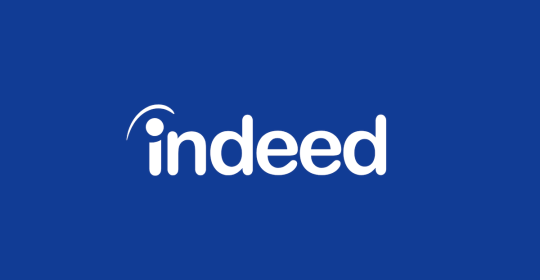Some interesting new research from HR company, Remote[ii] has revealed the top 10 most difficult conversations to have in the workplace after analysing Google search data. And guess what comes in second place? It’s ‘how to tell your boss you’re sick’ with an average of 2,900 Google searches a month.
Only ‘how to ask for a pay rise’ is higher which is perhaps unsurprising! What is surprising is that people have to google this question. For companies with a clear sick leave policy, it should be pretty simple for employees to know what they should say and do if they need to call in sick.
However, this does throw up the whole issue of pulling a sickie and faking illness just to have a day off. This could be a one-off or the symptom of something more serious such as stress, burnout, or someone struggling mentally. It can be difficult for employers to know either way.
A study last year by instantprint[iii] showed that more than half of UK adults (56%) have “pulled a sickie” in the past year at least once to enjoy a day off work. They also found that one in ten Brits (9%) admit that they call in sick on a regular basis, despite not being unwell.
The Health and Safety Executive[iv] on the other hand estimates that stress, depression or anxiety, and musculoskeletal disorders accounted for the majority of days lost due to work-related ill health in 2021/22, 17.0 million and 7.3 million respectively. On average, each person suffering took around 16.5 days off work.
Along with having a robust sick leave policy, understanding the root causes of why someone is calling in sick is vital – whether its genuine or not.
Technology such as our Activ Absence software can be a game changer. Instead of relying on recording people’s sick days on bits of paper or spreadsheets – which can often be forgotten to be done - Activ Absence records and manages unplanned absences, including employee self-certification digitally.
It prompts return-to-work interviews too and ensures these are carried out. These interviews are essential for managers to have a one-to-one conversation with someone about why they were sick. Not as an interrogation but to offer support and get to the bottom of what’s going on if it’s not clear.
These are particularly useful if managers are seeing patterns of behaviour such as someone regularly taking a Monday or Friday off, or suddenly having a lot of time off sick. Giving employees the opportunity to have a private conversation with their manager can make them feel more comfortable revealing issues such as stress or anxiety for instance.
The return-to-work interview also has another role and that’s helping to stop people from pulling sickies when they are not really unwell. The thought of having to have a chat with their manager on their return is likely to be enough to put most people off doing this.
So, if you want to get on top of absenteeism this year, why not invest in technology that helps managers understand why people are off sick and can offer support where needed, but can also help crack down on people pulling a fast one.






